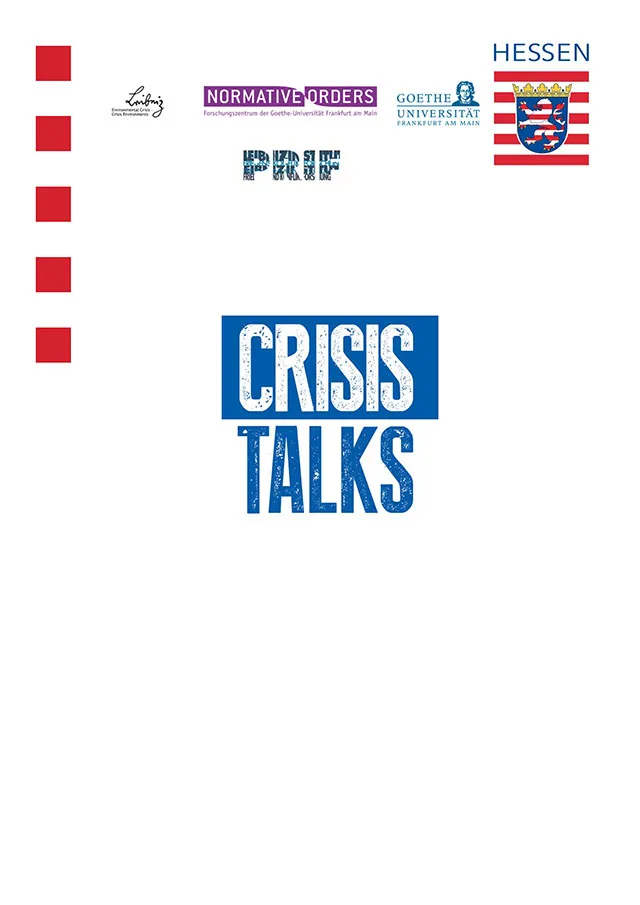Water in a heated world: Climate-resilient water management as a task for the EU
Water is one of our most important resources for life. It is also the central medium through which we recognize climate change. What’s more, over 90 percent of catastrophic events worldwide are linked to water. The overuse of water resources, unequal distribution, loss of ecosystem services and the associated health risks can increasingly lead to regional water emergencies. For the EU, too, climate change and water management are therefore of paramount importance both for climate-resilient water management within the EU and with regard to impending international crises. This is reflected in the work of the European Parliament’s Committee on the Environment, Public Health and Food Safety (ENVI). The main report of the German Advisory Council on Global Change (WBGU), which contains recommendations for action for climate-resilient water management, will be published in Germany this fall. This Crisis Talk will present the recommendations and discuss their significance for European policy.
Program
Greeting
Marco Reuter (Deputy Head (acting) of the Representation of the State of Hesse to the EU)
Dr. Stefan Kroll (Member of the Board PRIF – Leibniz Institute for Peace and Conflict Research)
Impulse
Prof. Dr. Karen Pittel (Director of the ifo Center for Energy, Climate and Resources)
Panel discussion
Prof. Dr. Karen Pittel
Stefan Köhler (inquired) (Member of the European Parliament)
Patrick Child (Deputy Director General in DG Environment of the European Commission)
Moderation
Julia Hoffmann (Communications and Strategy Consulting (ifok GmbH))
Crisis Talks of the Leibniz Research Network “Environmental Crises – Crisis Environments”
Crises have historically been an important driver of change and progress in the EU. In crisis situations, the EU, which is characterized by great heterogeneity and geared towards consensual opinion-forming, has so far mostly been able to create common perceptions, overcome blockades and shape integration. In the Crisis Talks series, the Leibniz Research Network “Environmental Crises – Crisis Environments” explores the question of how Europe should deal with its current and past crises.



